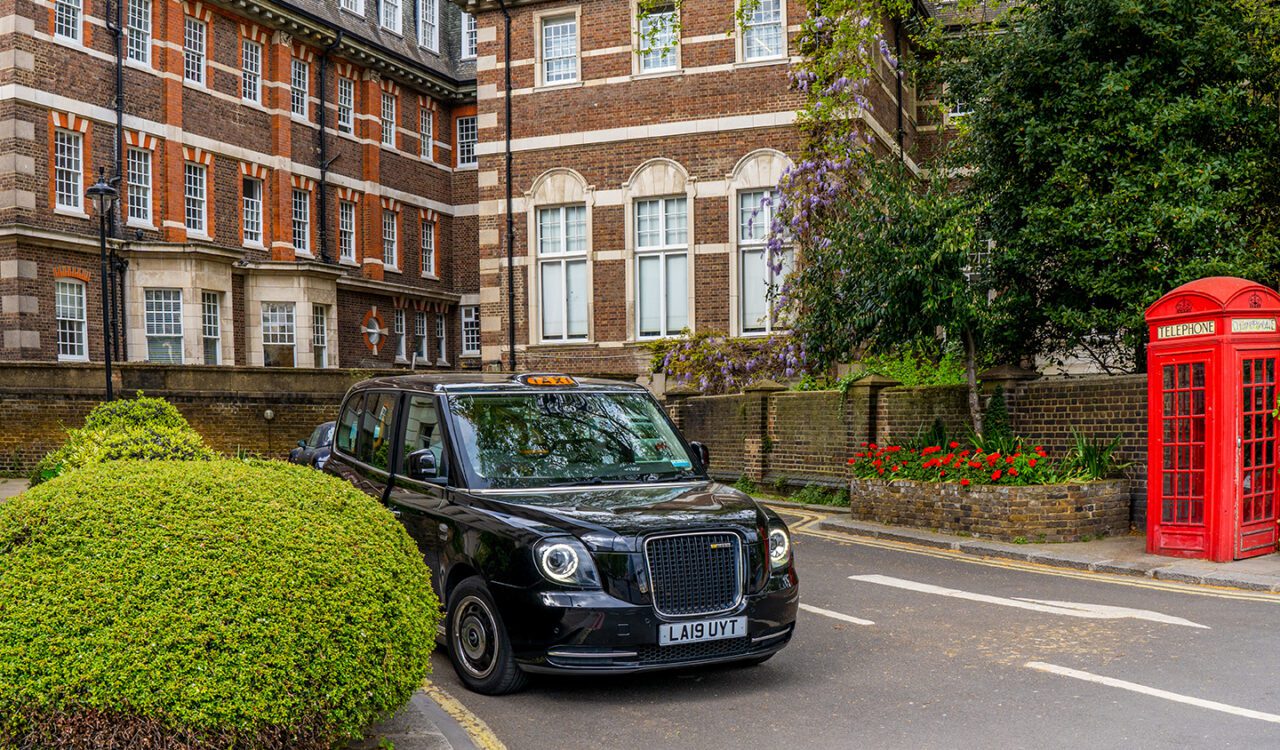What Does The Future Hold For The Black Cab Trade?

London’s cabbies appear to be busier than ever. Just rewards after several lean and highly challenging years. But are enough drivers coming through to keep the trade in rude health?
We take a look at the number of newly passed out cabbies, as well as current numbers on the road, to see how vibrant the future of London’s black cab trade is looking?
How many London Cab Drivers are there?
As of the end of May 2022 there were 19,274 London taxi drivers. This can be compared to 23,826 in 2017. That is a 20% drop in 5 years and 25% less than the 10 years ago in 2012.
Why are there less London Cabbies these days?
The decline of London black cab numbers also clearly coincides with the emergence of Uber in 2012. Within the first five years of the app’s release, 3 million Londoners had downloaded the Uber app, and 40,000 private hire drivers were registered on the platform.
Surprisingly to some, the numbers of Black cab drivers were actually on the increase in the 5 years prior to the tech app firm’s launch.
Recent falls in the UK Capital’s taxi driver numbers have been attributed to the pandemic. Many left the trade when the streets were empty and it was imposible to earn a living and are yet to return. Higher vehicle purchase costs following the mandating of zero emission cabs are also cited as a reason to hung up a badge and a barrier to re-entry.
The future of Black Cabs is electric
The launch of a fully electric black cab in London has been praised for contributing to efforts to clean up the capital’s polluted air. Despite a price tag that appears eye watering for many cabbies there have already been 5,572 electric black taxis licensed to date. by TfL. That’s over a third of all black cabs (14,790) on the Capital’s roads.
Many cabbies are also far happier riding along in their new luxury place of work, as are their passengers. This should help attract new applicants to “The knowledge”. Competitive finance can also be arranged that faciliates a different ownership model compared to what many cabbies are accustomed to. If so driving an electric cab could prove more cost-effective for cabbies in the long run. This is was true even before the recent significant rises in fuel costs. “Electric drivers get through a day’s work on £6-10 for a charge. Before that, it was £20 on diesel.” A cab driver, Jim Kelly, told My London.
However, as always with electric vehicles, calls remain for the infrastructure to be expanded. One source estimates there are only around 150 dedicated cab chargers in the whole of London for thousands of vehicles. “ There are not enough rapid charging points that are taxi-only. We need more infrastructure. TfL have put lots in, but councils are dragging their feet”, Kelly continued.
Is there hope of London Cab Driver numbers increasing?
Currently, there are 850 knowledge students, but only 99 on the final stage. Figures show a steady 4% year on year drop in drivers in recent times. That equates to almost 800 drivers a year exiting the trade.
Unfortunately, this means that there will likely be significantly more people leaving the trade than joining in coming years. If these numbers continue, there could be as few as 16,000 cabbies on London’s streets by 2027.
The knock-on effect of the private-hire trade
The good news for cabbies is that the number of private-hire drivers operating in London seems to be falling too.
In 2020 the number of licensed vehicles and drivers in England stood at 298,800 and 364,900 respectively. Since the start of the pandemic, these numbers have dropped significantly. The number of licensed vehicles dropped by around 15%, down to 251,100, and the number of drivers dropped around 6% to 343,800.
For many years there has been talk of making the knowledge less strenuous to encourage an up take in student numbers? However many within the trade have understably questioned whether dumbing down is the answer and fear the drop off in standards will cause reputational damage. Also having put in years of effort and sacrifice to gain their qualification there is resistance to allow newbies an easy ride.
Though from looking at the numbers it is clear drastic action is required. Less cabbies may be good for the current encumbants as with supply short and demand high earnings are strong. Yet, consumer preference can be a fickle fiend. With less drivers on the roads, passengers will be experiencing longer waits and there will be an inability to meet their service expections. If those issues are further exacerbated by the continued fall in cabbie numbers then users will turn (or potentially return) to other service providers for their journeys.
Plan Insurance can provide bespoke taxi insurance quotes for all UK drivers. Just fill in our short online questionnaire, and our professional brokers will be in contact to arrange your insurance.







